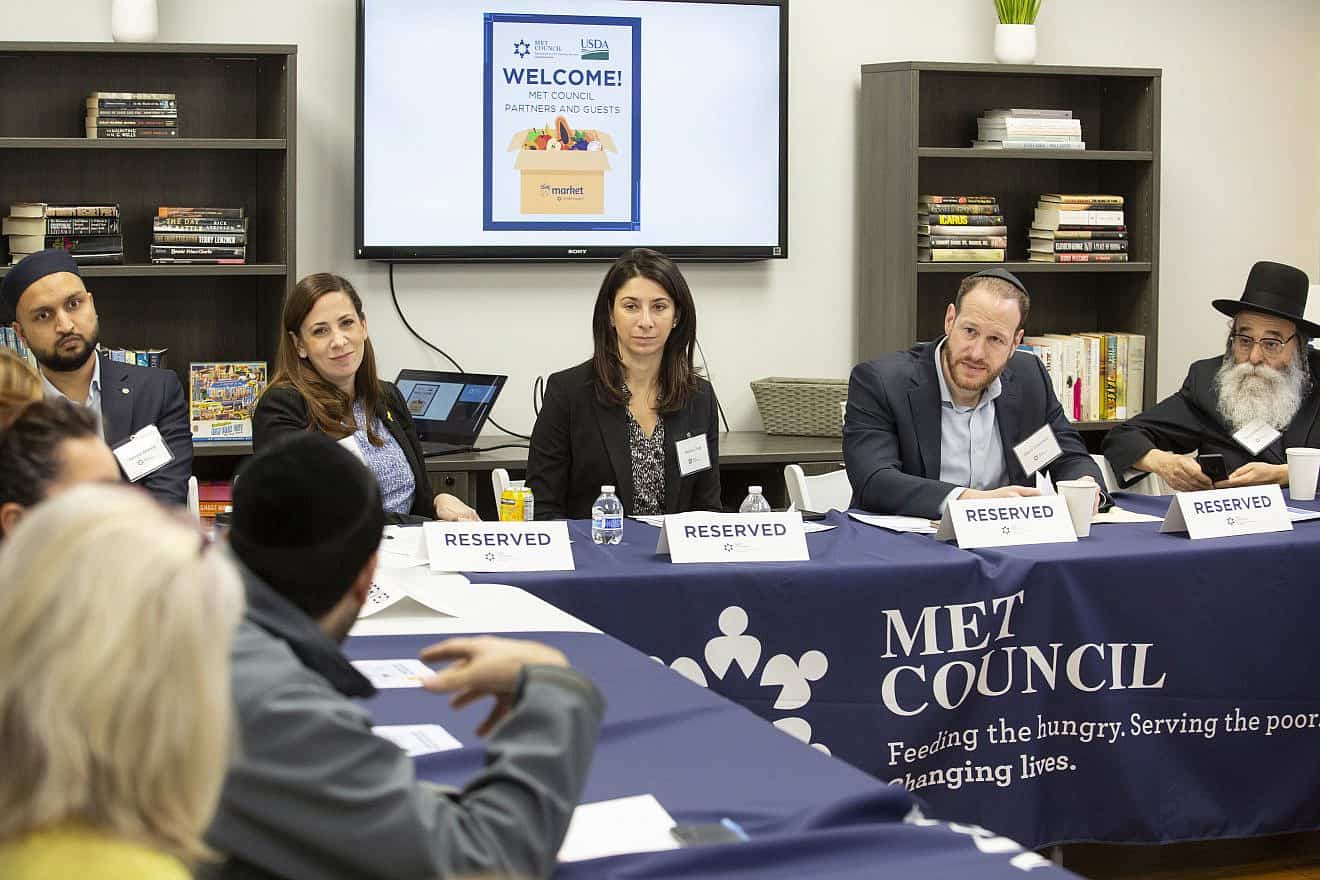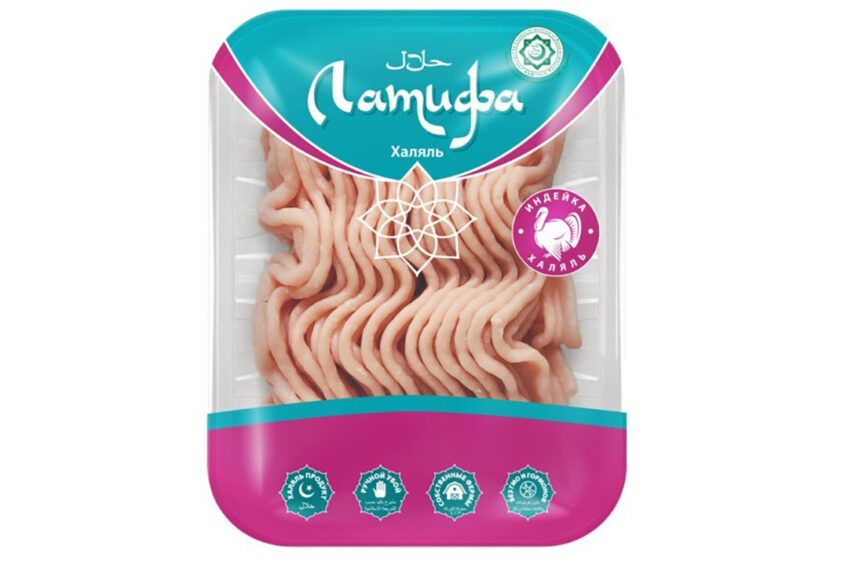By Caroline Scott-Thomas, 04-Jun-2009
The US organic sector has become increasingly dependent on imported
ingredients as a supply squeeze continues to limit the sector’s growth,
according to a new report from the US Department of Agriculture.
Despite dire predictions for organic
sales in the current economic climate, the sector has continued to
grow, with US sales up 15.8 percent in 2008, according to a recent
study from Lieberman Research Group on behalf of the Organic Trade
Association.
But the USDA report, entitled Emerging Issues in the US Organic Industry,
said that nearly half of US organic handlers find ingredients in short
supply and, in 2004, 13 percent failed to meet market demand for at
least one of their products.
“While new producers have emerged to help meet demand, market
participants report that a supply squeeze is constraining firm growth
and limiting growth in the overall sector,” it said.
Looking elsewhere
Although certified organic acreage has doubled in the US since 1997,
organic food sales have quintupled over the same period, from $3.6bn to
$21.1bn last year. This has led handlers to look to international
markets for supplies – which can often be cheaper due to lower labor
and input costs.
In 2007, the USDA certified 27,000 producers or handlers worldwide
to the US organic standard; approximately 16,000 in the US and 11,000
in more than 100 foreign countries.
Local competition?
The USDA highlighted several studies showing that consumers tend to
value local production over organic, and that they would also be
willing to pay a premium for locally produced food.
“A weaker US economy and higher food prices, along with new
competition from food marketed as “locally grown,” have not yet had a
major impact on the organic marketplace, but are emerging issues,” it said.
However, even as larger organic farms and international producers and
have entered the market, the USDA said that small players are not
losing out.
“The smallest US organic farms have maintained a stable share of the organic sector,” it said.
US organic demand has outstripped supply since the early 1990s – when
many organic suppliers were forced to sell their products on
conventional markets due to a lack of consumer demand. Now, the most
problematic supply issues are found with coffee, soybeans, milk, seeds,
corn, and nuts.
Although the growth of organic sector is “rising from a small base”,
accounting for about three percent of total US food sales, the report
said that a majority of Americans buy organic products at least
occasionally. According to a survey from market research organization
The Hartman Group, 69 percent of Americans bought organic in 2008.
Fruit and vegetables still represent the biggest sub-sector of
organic food sales in the US at 37 percent, followed by beverage and
dairy at 14 percent each. Areas of fastest growth include the organic
beverage sector, which grew by 40 percent in 2008, and organic breads
and grains, which achieved 35 percent growth over the year.



